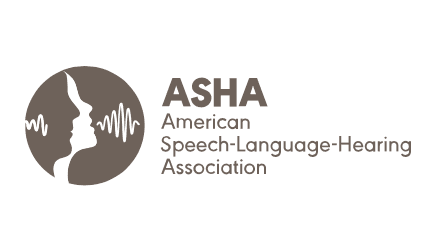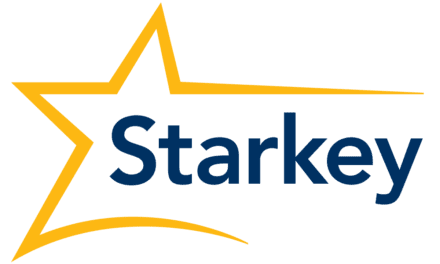The non-profit Acoustic Neuroma Association (ANA), Atlanta, Ga, has announced a national campaign to raise awareness of a rare brain tumor called an acoustic neuroma during ANAwareness Week May 10-16, 2015. According to the ANA, there is relatively little information available to the general public about acoustic neuroma (AN), a benign, slow-growing tumor of the hearing and balance nerves.
The ANA will host the third annual ANAwareness Week in conjunction with Brain Tumor Awareness Month in May, to help make the public aware of the symptoms and treatment options and highlight the importance of early detection of acoustic neuromas. Supporters and sponsors will raise funds to expand programs and services by participating in races, runs, letter-writing campaigns, social media campaigns and more.
While this type of tumor is rare, says the ANA, its medical advisory board reports that occurrence is nearly two in every 100,000 people and 2,500 to 3,000 acoustic neuromas are diagnosed annually in the US. The early symptoms typically include a reduction in hearing in the tumor ear, ringing in the ear, a feeling of fullness in the affected ear, balance issues, and headaches. These early symptoms are sometimes mistaken for normal changes of aging or attributed to noise exposure earlier in life, and diagnosis is often delayed.
The ANA believes this is why awareness campaigns such as ANAwareness Week are so important.
“One of the biggest demands we face is that people simply have never heard of acoustic neuroma and are frightened by the possibility of a brain tumor,” Chief Executive Officer of ANA Judy Vitucci said in the organization’s announcement. “We strongly believe in public education, providing local and national support for patients, and helping patients thrive in spite of their acoustic neuroma.”
Recent medical publications suggest that the occurrence of acoustic neuromas is rising. Magnetic resonance imaging (MRI) with contrast is the preferred diagnostic test for identifying acoustic neuromas. Treatment options include observation of tumor, radiation, and surgical removal. Determining the best treatment option depends on many factors, such as the size and location of the tumor, and the patient’s age and physical health. ANA strongly urges patients to get several medical opinions from physicians with substantial acoustic neuroma experience before deciding on a treatment option.
According to the ANA, there is no known cause of acoustic neuroma; however, research is now underway with The Yale University Acoustic Neuroma Study, which is reportedly the first causation study to determine if there are genetic risk factors that lead to an acoustic neuroma.
Source: ANA





